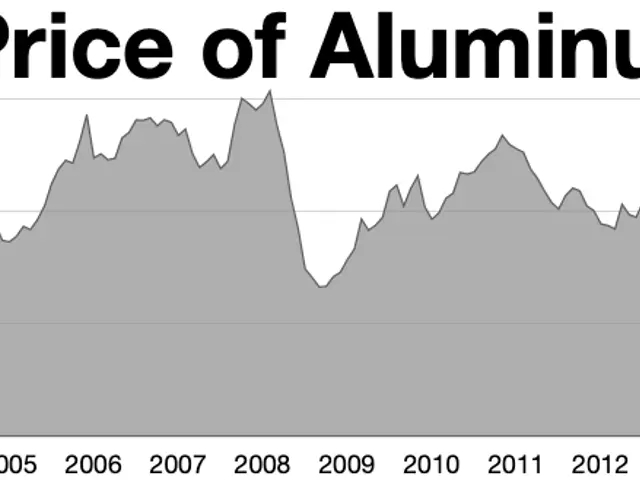Understanding the Function of FSCS: Its Purpose is to Safeguard Your Financial Savings and Investments.
Master your savings and investments with the Financial Services Compensation Scheme (FSCS) – your safety net in the financial world! Here's what you need to know about this awesome protection scheme that safeguards your hard-earned money.
The FSCS is here to ensure your peace of mind and secure your financial future. It protects customers of banks, building societies, credit unions, pension providers, investment firms, and insurance companies if one of them goes bust.
Right now, FSCS covers up to £85,000 for each financial institution. If you have a joint account, the coverage doubles to £170,000. But guess what? The plans are brewing to raise that deposit protection limit to a whopping £110,000! The Prudential Regulation Authority (PRA) has suggested this exciting change, with an expected release by the end of 2025[1].
So, whether you are a saver or an investor, the FSCS has got your back. If an investment firm, stockbroker, or financial adviser shuts down and there's a shortfall in client assets, FSCS will reimburse you up to £85,000 per client, topping up whatever can be recovered[1].
But remember, not all investments are protected. You can use the FSCS investment protection checker to see if your product is covered[1]. For instance, if a stockbroker owes you £70,000, and you only get back £40,000, the FSCS will pay you the remaining £30,000. However, if you have two accounts with the same broker and your total investment is £190,000, the FSCS will only pay you a maximum of £85,000[1].
You can make an FSCS claim after getting some money back from the insolvent company or before it pays out anything. FSCS takes over your claim against the company when you make a claim[1].
Moreover, the FSCS doesn't stop at protecting your bank balances and investments. It also covers funeral plans, life insurance, mortgages, and self-invested personal pensions (SIPPs)[1].
Stay informed and stay ahead of the game with the FSCS! To enjoy the latest financial news, expert analysis, and get 60% off after your trial, check out their website magazine. Plus, don't forget to verify if the company is authorised in the UK by checking the Financial Services Register[1].
[1] https://www.fscs.org.uk/[2] https://www.bankingtoday.co.uk/news/general-news/pra-proposes-110000-deposit-protection-limit/[3] https://www.cityam.com/proposed-deposit-protection-increase-rise-how-it-would-affect-consumers/[4] https://www.telegraph.co.uk/money/news/2021/10/21/bank-deposit-protection-could-reach-110000-by-2025/
The Financial Services Compensation Scheme (FSCS) not only covers bank savings but also protects property through mortgages, ensuring a secure financial future. Additionally, the FSCS safeguards personal-finance agreements such as personal pensions and investments, including those in stockbrokers and investment firms, up to £85,000 per client, with plans to increase this limit to £110,000 by the end of 2025.






